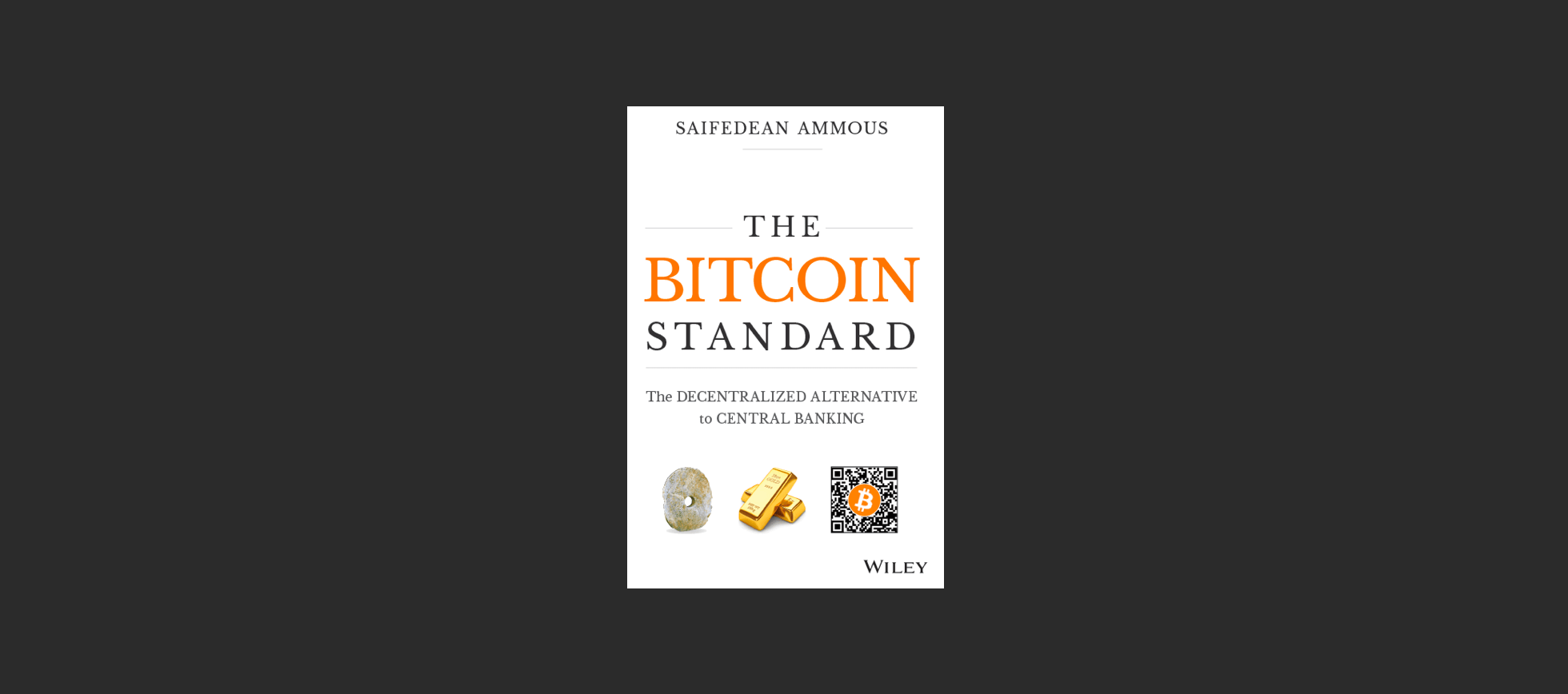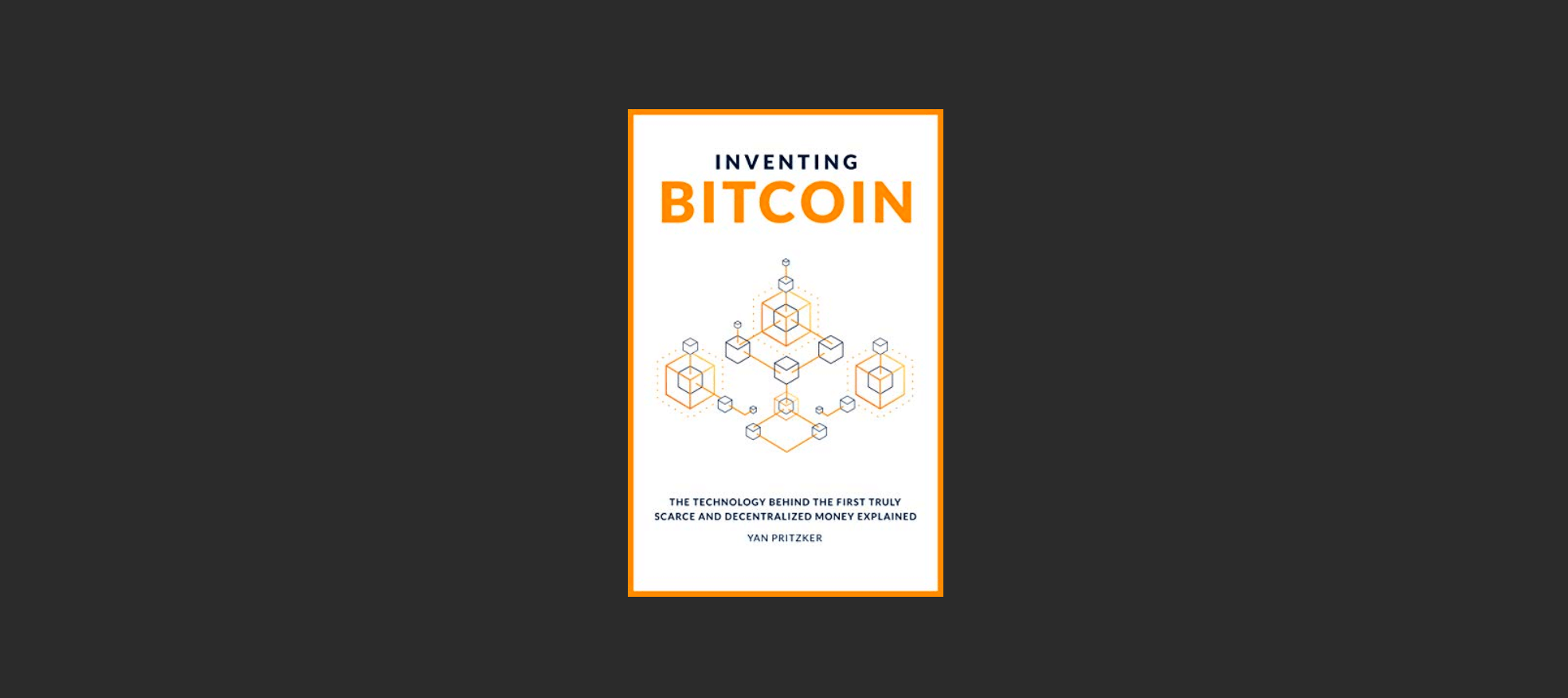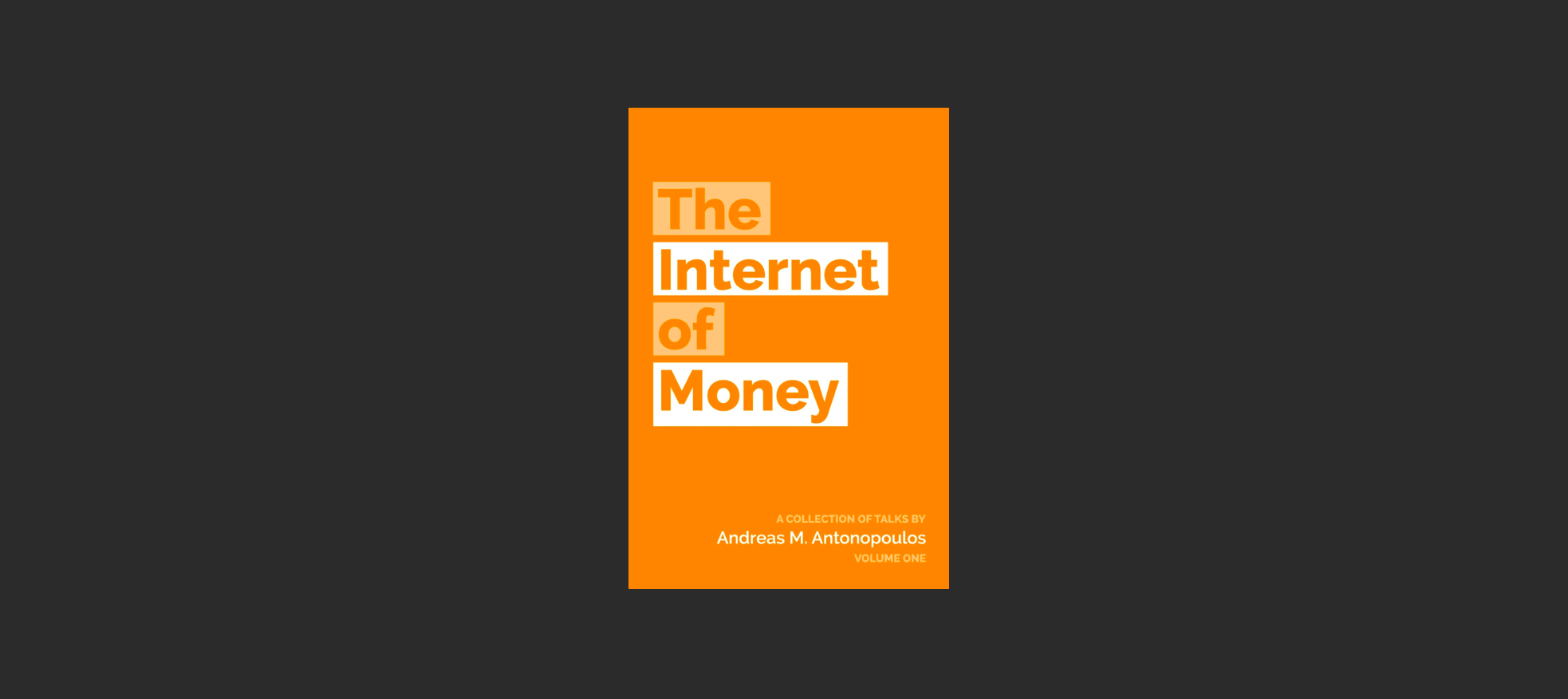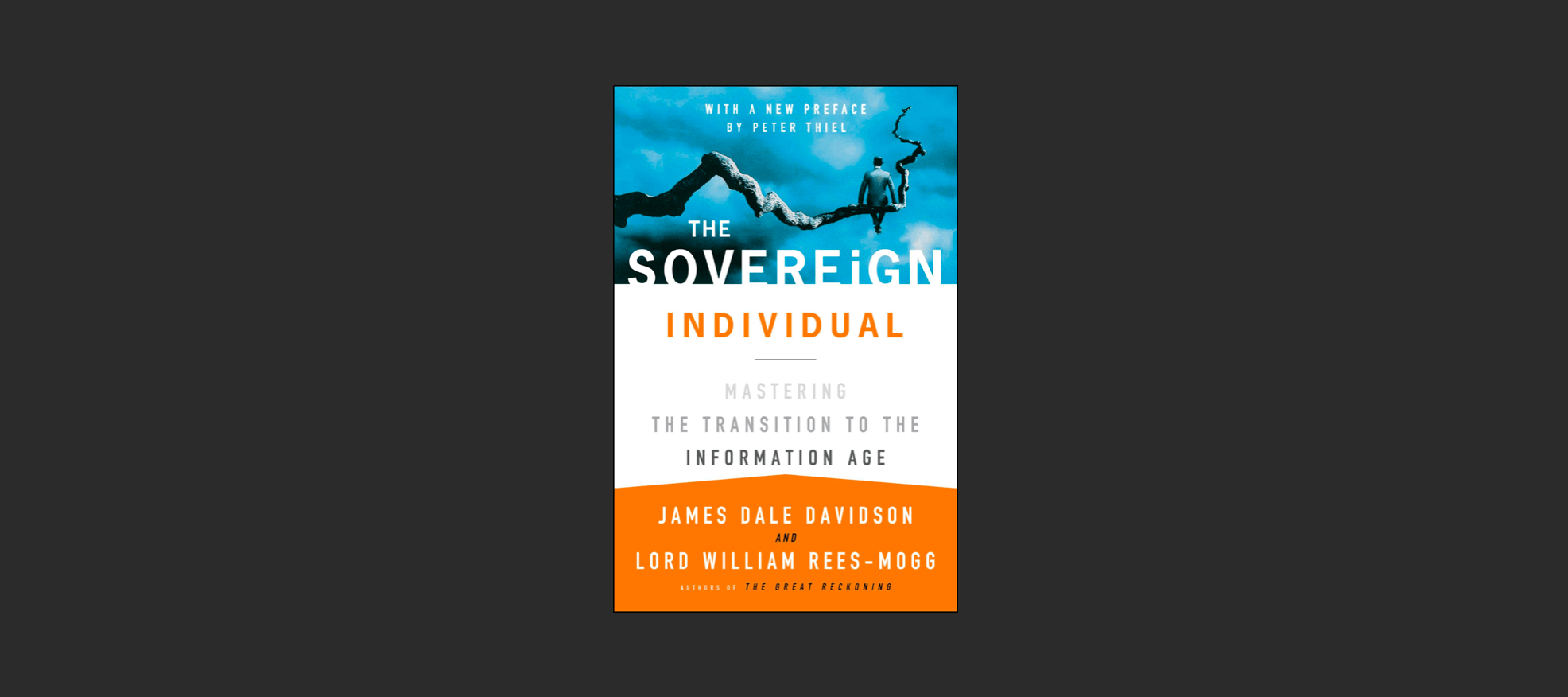Bitcoin is everywhere.
If you don't understand Bitcoin and find the concept of decentralized digital currencies...weird, no problem. It's no question that it's a new concept and a brand new way of envisioning non-State controlled money.
With a market cap of $1 trillion, Bitcoin isn't going anywhere anytime soon. I highly encourage everyone to read a book about it. Spending 10 to 15 hours trying to understand the technology and underlying purpose is time well spent in my opinion.
Below are some of the best books to explore economics, blockchain, decentralization, and the problems that lie within the current fiat system.
The Bitcoin Standard

Written by academic and professor of economics, Saifedean Ammous, The Bitcoin Standard discusses the history of money, the relationship between economics and society, and why bitcoin constitutes 'good money'.
The book praises bitcoin as an excellent alternative to central banking, diving deep into how Bitcoin relates to (or can integrate with) the economic and banking systems we currently have in place today.
Mastering Bitcoin

Written by Andreas Antonopoulos, a vocal bitcoin advocate, computer scientist, entrepreneur, and an engaging public speaker gives a thorough explanation of the infrastructure of the Bitcoin blockchain.
Mastering Bitcoin begins with a gentle introduction to the ideas and concepts behind Bitcoin, to a detailed technical explanation of how the Bitcoin network works. The book is best suited for those who have a basic understanding of programming and cryptography as it also teaches you how to create a blockchain of your own.
Digital Gold

Written by New York Times journalist Nathaniel Popper, Digital Gold tells the story of bitcoin through the eyes of some of the movement's most colorful characters.
Learn more about the early history of Bitcoin and the entrepreneurial personalities who have played seminal roles in its' development. For readers who like bitcoin, technology, and history, this book makes for an amusing and interesting read.
Grokking Bitcoin

Grokking Bitcoin does a spectacular job reinforcing key technical aspects and illustrating some of the more complex topics surrounding Bitcoin. Learn about digital signatures, proof-of-work, peer-to-peer networks, segregated witness, and much more
Inventing Bitcoin

In Inventing Bitcoin, author Yan Pritzker set out on a clear mission: to explain the underlying technology of Bitcoin.
Pritzker goes step by step through what makes Bitcoin work explaining concepts like Proof of Work and mining in language that anyone can understand. After reading, you'll have a very strong understanding of how Bitcoin works, without needing degrees in math, coding, or economics.
The Internet of Money

The Internet of Money is an edited compilation of some of Andreas' most entertaining and informative talks describing Bitcoin's technical, economic, and societal potential.
Learn about blockchain, keys, addresses, wallets, transactions, scripting, peer-to-peer networks, mining, security, and more advanced topics such as colored coins, segregated witness, and the lightning network.
The Book of Satoshi

Written by Phil Champagne as an exhaustive compilation of all publications posted online by bitcoin's pseudonymous creator, The Book of Satoshi provides all of Nakamoto's online posts in a chronological manner with added commentary from the author.
It is an exhaustive delve into bitcoin's history for those looking to learn more about Satoshi Nakamoto and bitcoin's past.
The Sovereign Individual

Written in 1999 before the widespread adoption of the internet, social media, and Bitcoin, William Rees-Mogg and co-author James Dale Davidson prophesize a digital future that would make the world much more competitive, unequal, and unstable.
The authors argue in The Sovereign Individual that the internet fundamentally changes the dynamics that currently allow governments to operate and governments will have to change their model in order to survive.
Bitcoin is Venice

Authors Allen Farrington and Sacha Meyers expertly organize the errors of modern economic theory and policy with the obvious culprit: the broken fiat currency system.
Bitcoin is Venice provides a thoughtful and entertaining look at how bitcoin paves the path for a more ethical monetary and financial system for capitalism in its purest form. With deep dives into Austrian economics, Farrington and Meyers argue that we are living through a current renaissance period of economics.
The Fiat Standard

Saifedean Ammous, an already well-known public proponent of bitcoin, returns with the follow-up to 2018's, The Bitcoin Standard.
The Fiat Standard delves into the mechanisms of today's fiat system and demonstrates how high-time preference has tainted many of our institutions and commerce. Saifedean writes about how hard money, such as bitcoin, can improve our lives by reducing the corrupting character of fiat money.
Diving into a wide range of contemporary issues including energy, universities, education, health and nutrition, and architecture, Saifedean argues all have been damaged by the fiat system.

